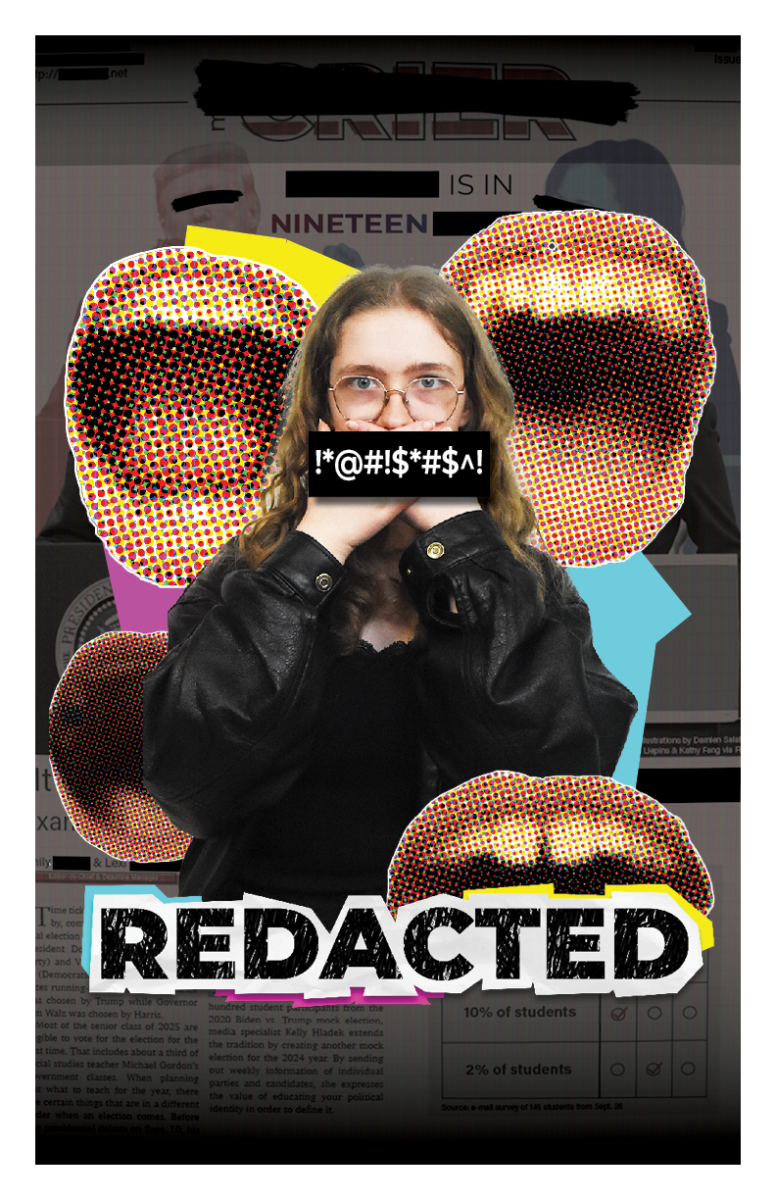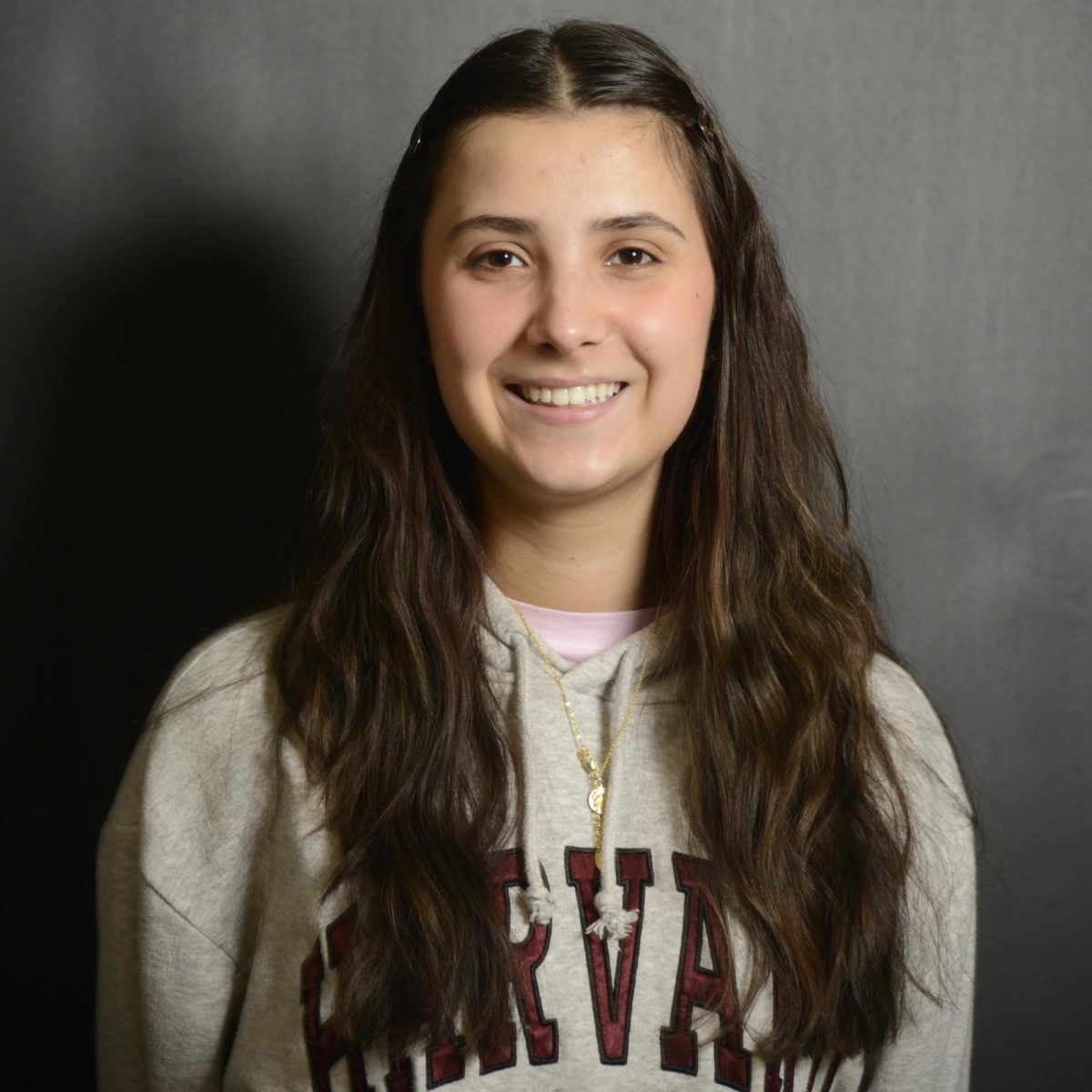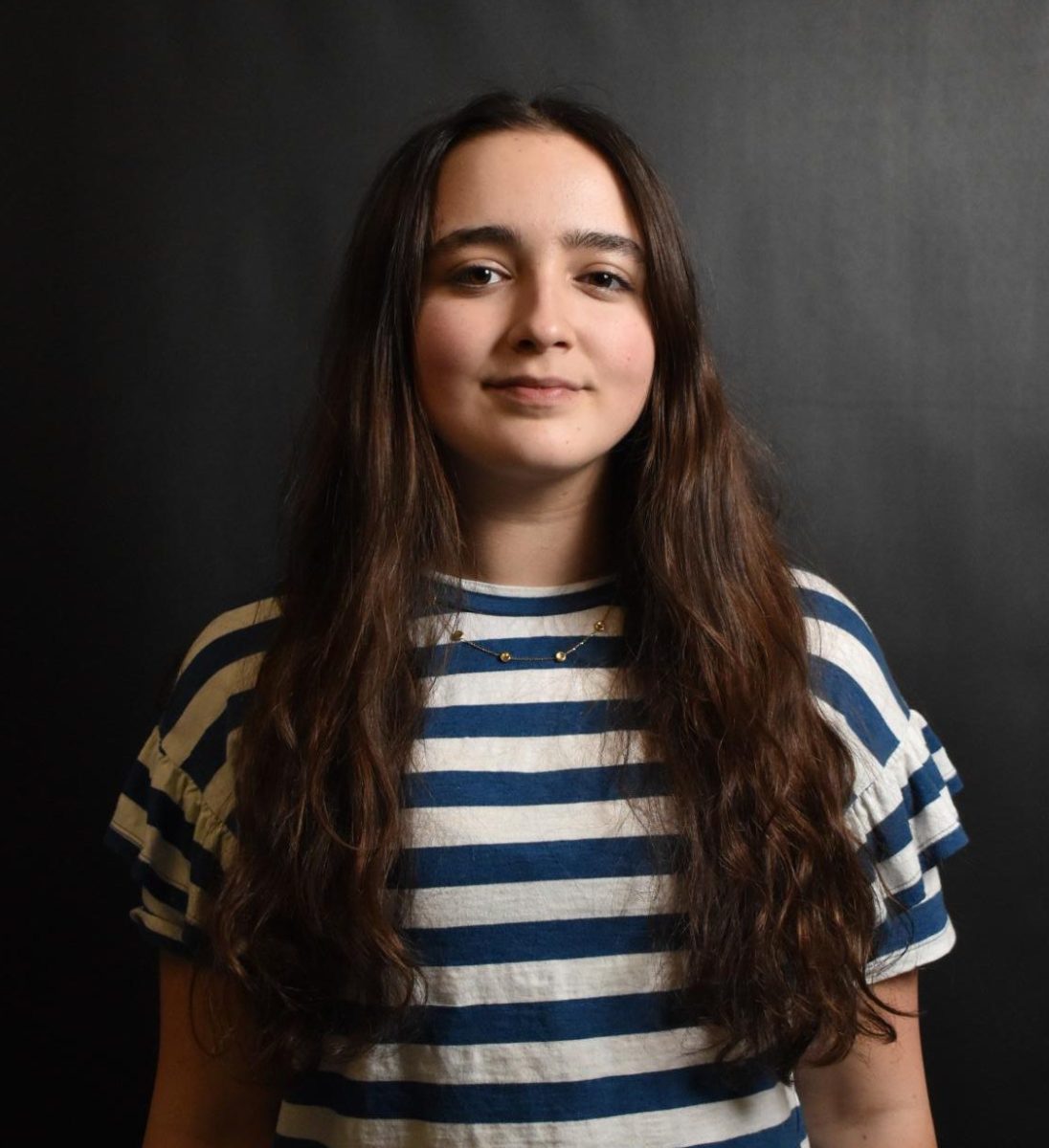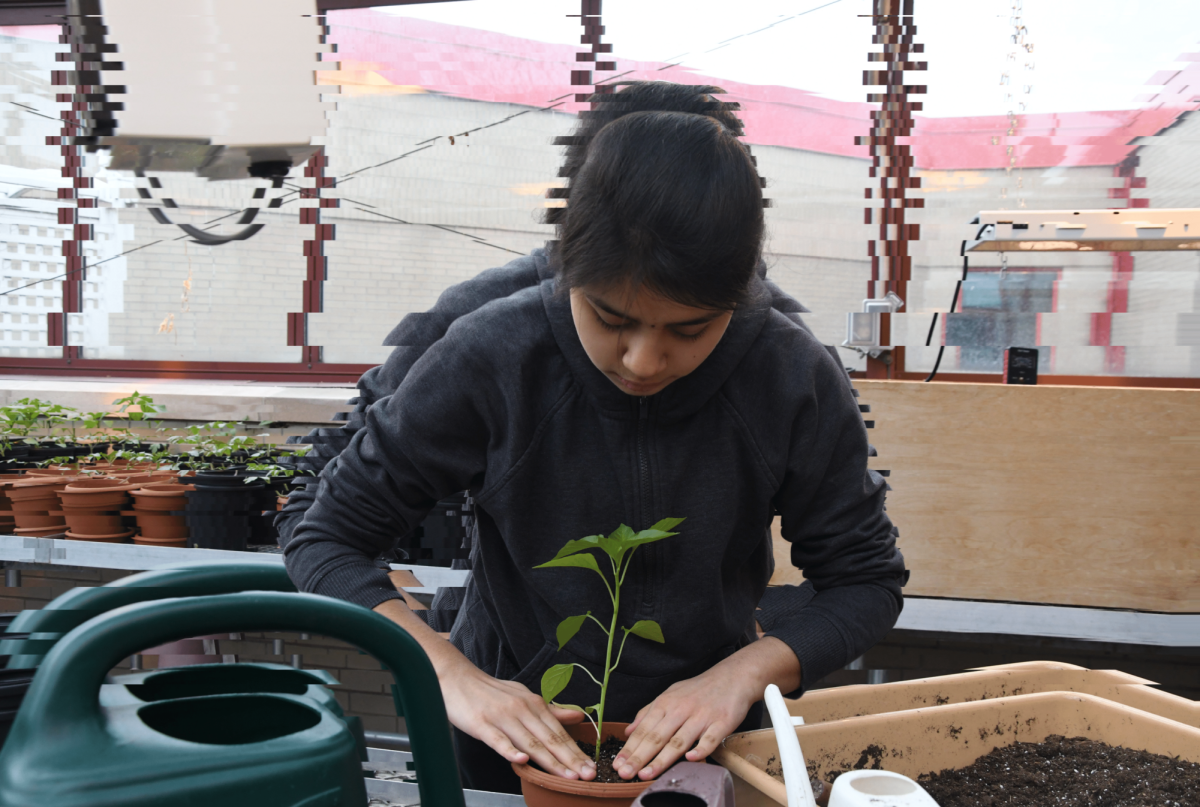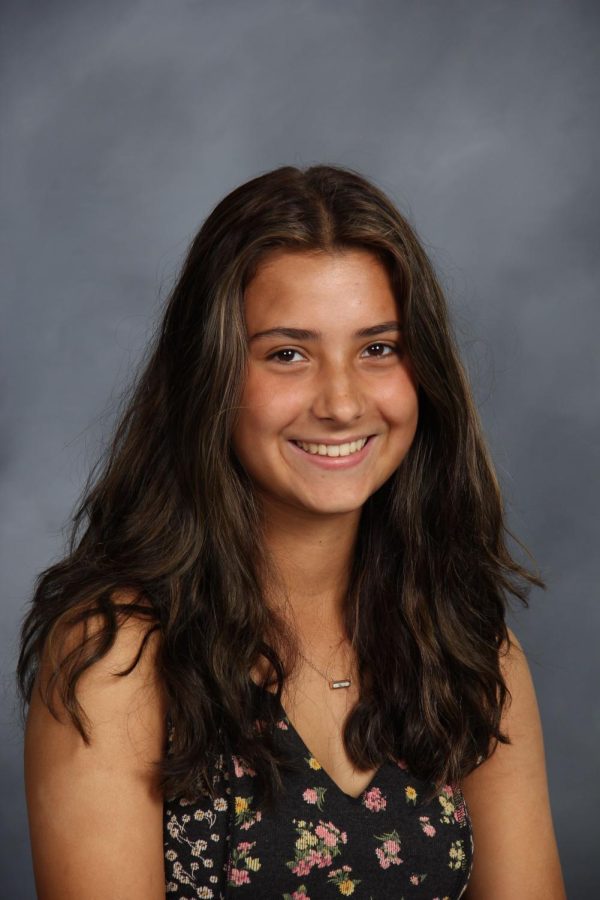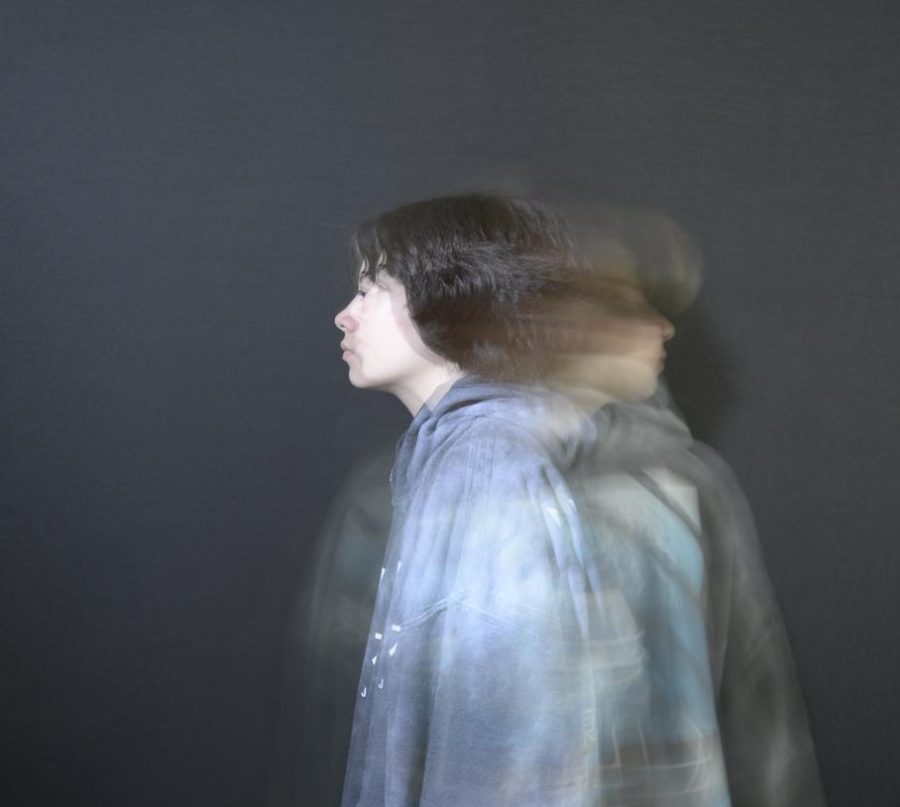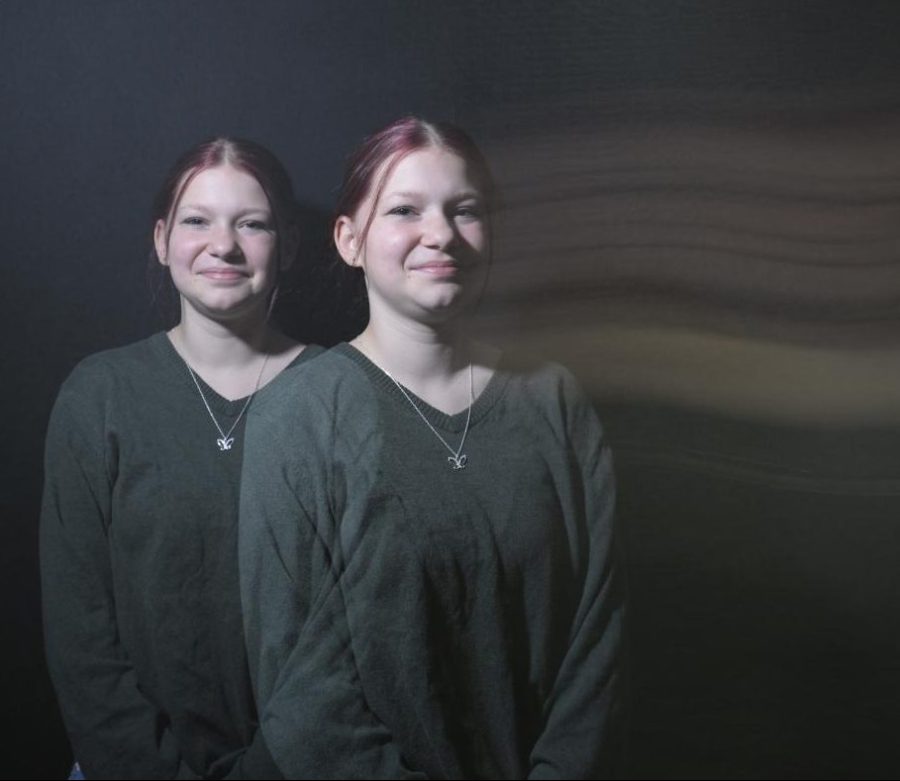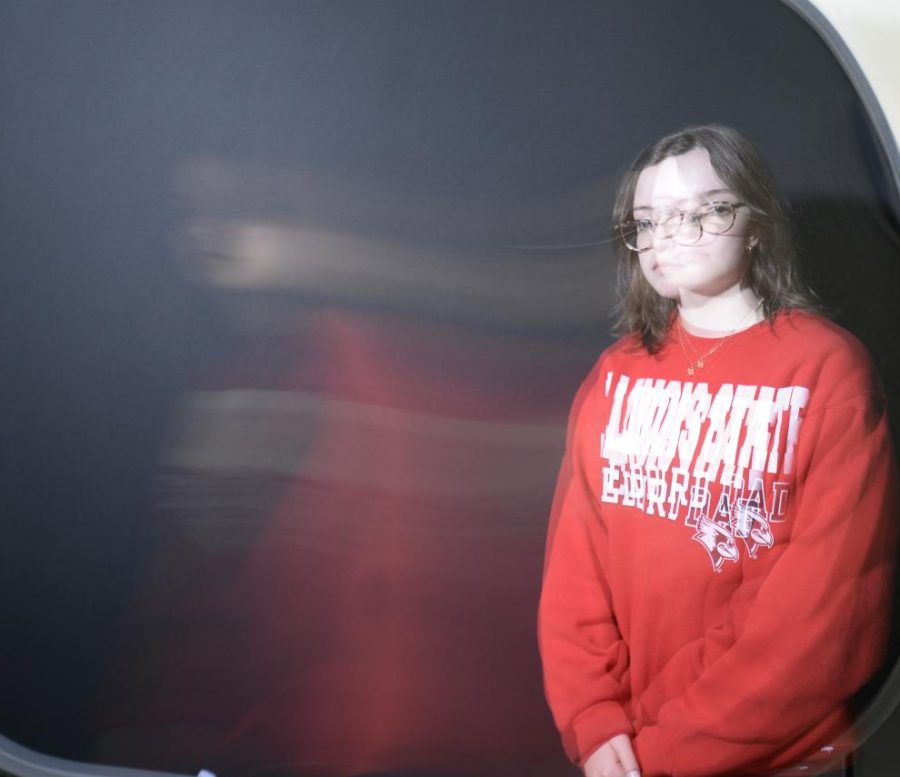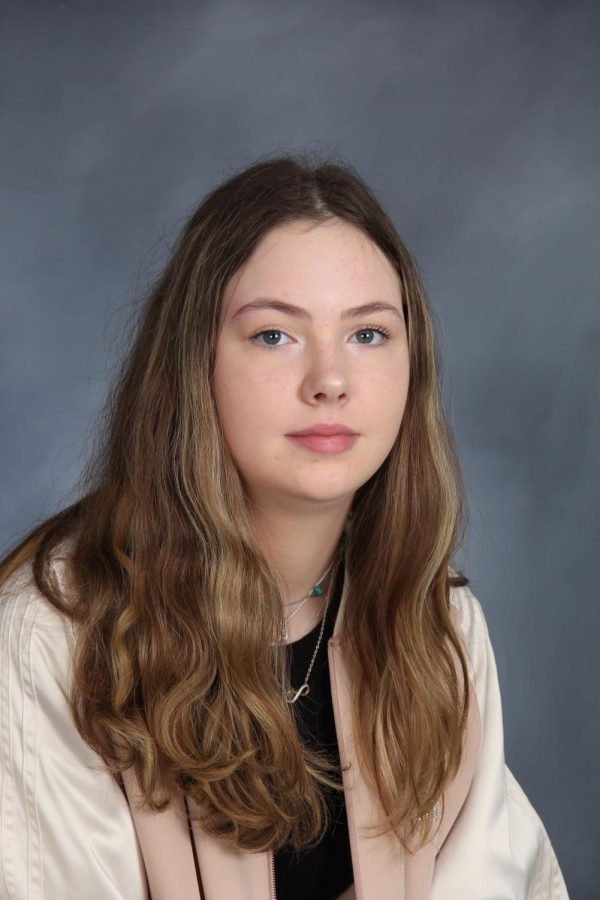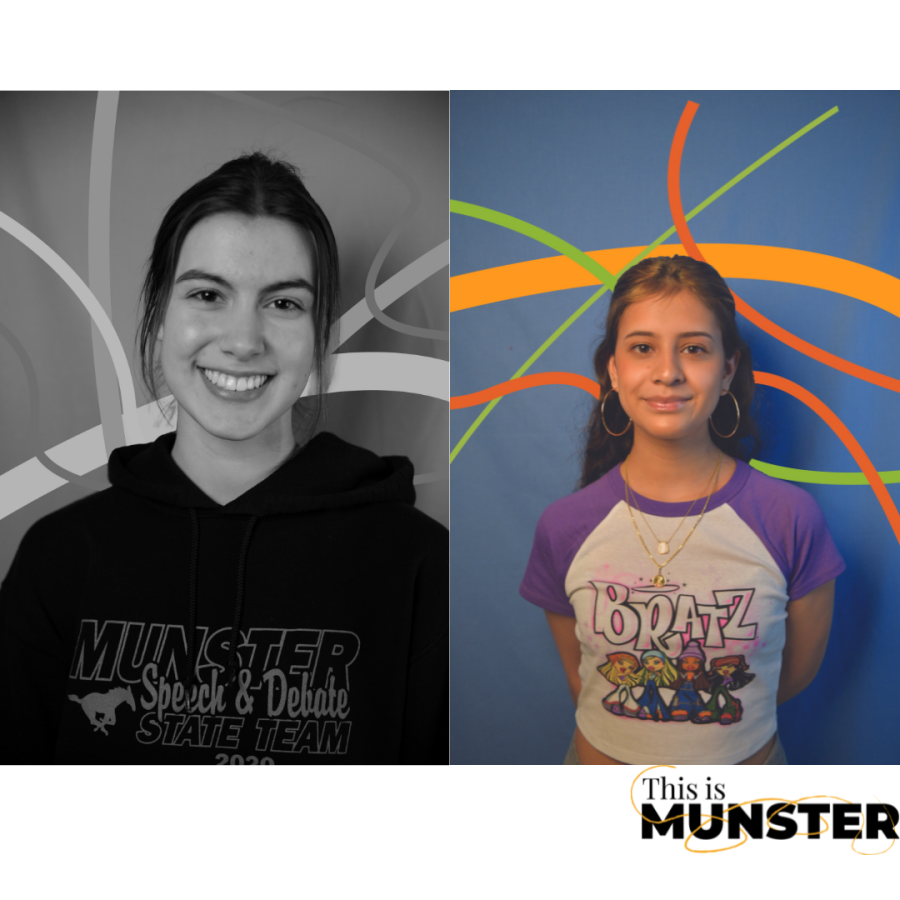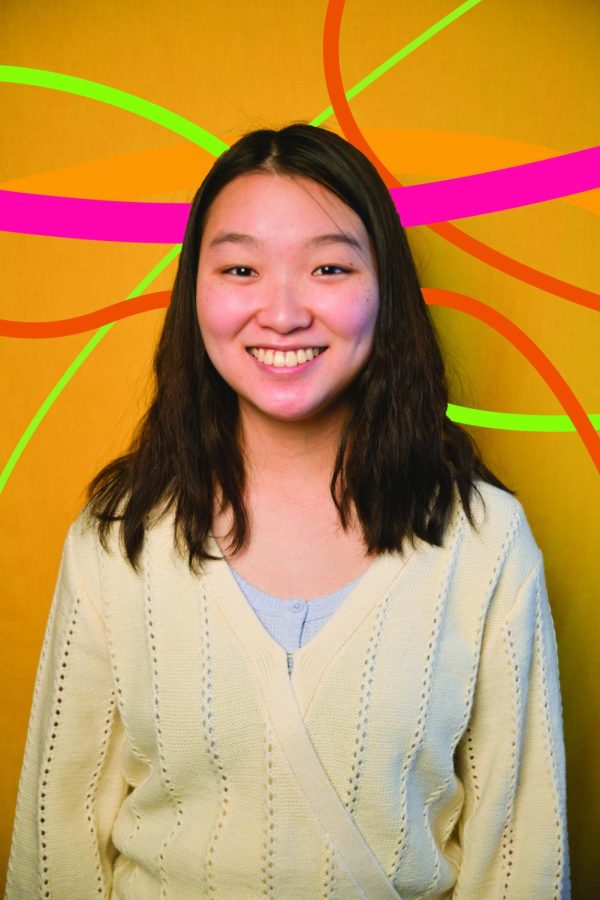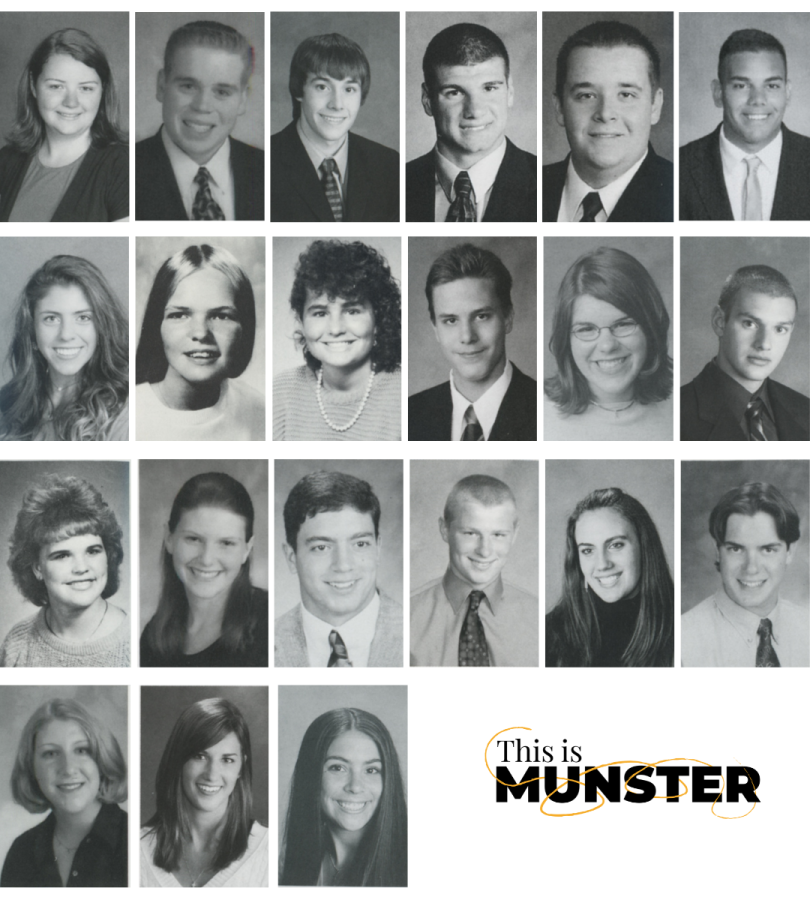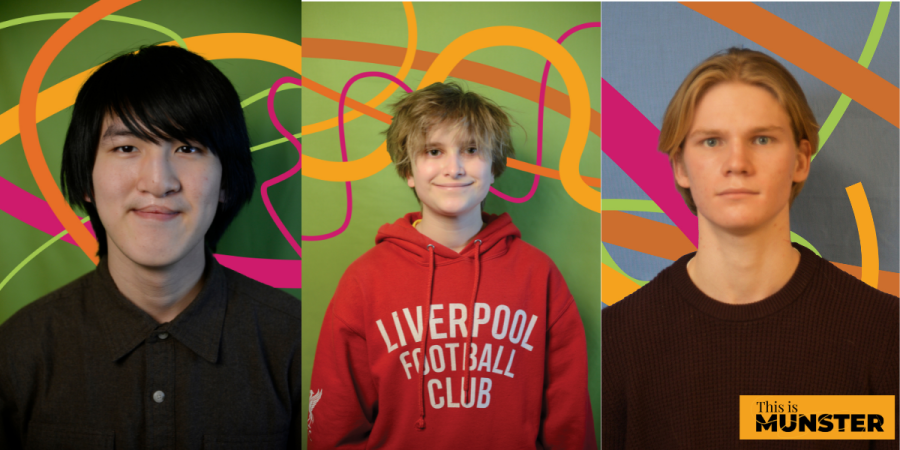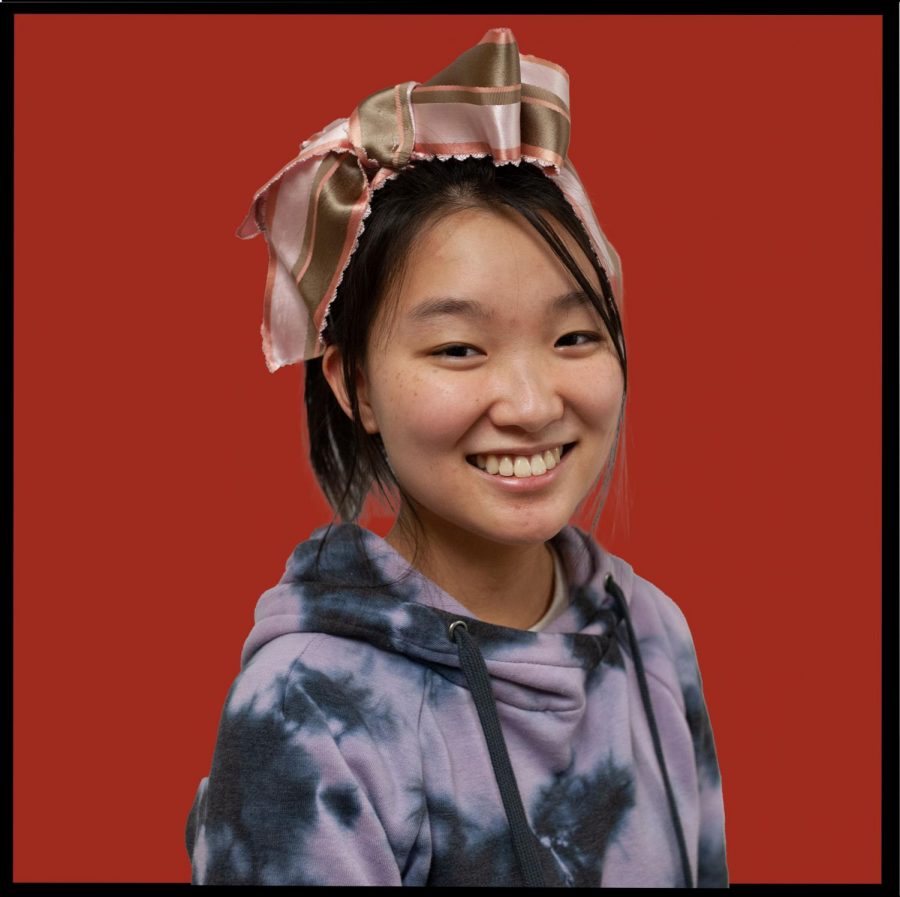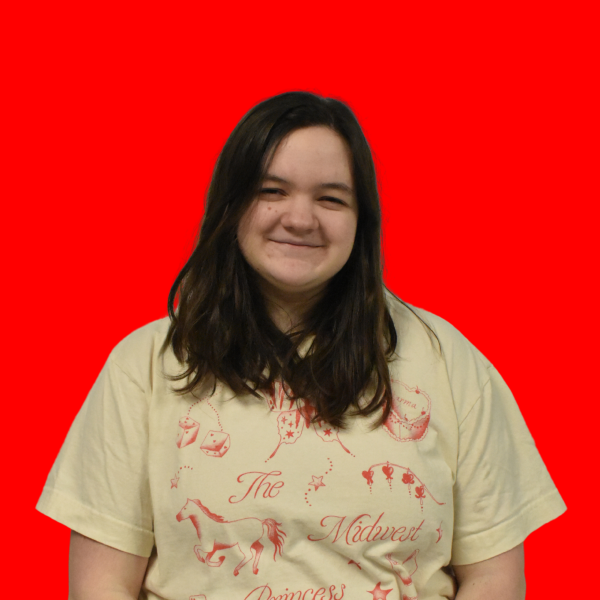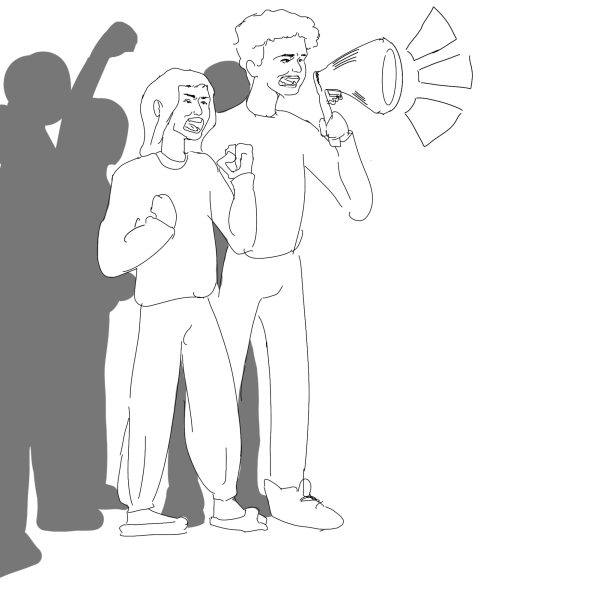Column: The fight for acceptance
On Jan. 22, Jojo Siwa officially came out. There was some speculation previously whether she was a member of the LGBTQ+ community when she posted a TikTok of her singing to a Lady Gaga song, then a TikTok with the Pride House in LA. It was officially confirmed when she posted a photo of a shirt saying “Best. Gay. Cousin. Ever.” on Twitter.
Jojo coming out is a tremendous event that is monumental for the LGBTQ+ community. It helps normalize sexual orientations that are not heterosexual, and helps start conversations. It gives representation to those who need it, and younger fans who identify as queer can see themselves in her.
Jojo has millions of followers on all her platforms, many young children. With such a huge platform, Jojo has contributed to the normalization of accepting queerness.
Some concerned parents commented that “kids don’t need to see this.” Jojo coming out is not an encouragement for children to be gay, or a greater risk for children to be exposed to sex life. As bell hooks, an American author, professor, feminist and social activist, said, “Queer as not being about who you’re having sex with. That can be a dimension of it, but queer is being about the self that is at odds with everything around it and has to invent and create and find a place to speak and to thrive and to live.” Jojo coming out simply encourages children to be more accepting of others, and to support those that identify as queer.
Throughout history, there has been a tumultuous road for the gay and transgender rights movement. Oppressive laws, military transgender bans, marriage restrictions and criminalization of sexuality show us that the fight is far from over. Jojo coming out is important to this fight.
Each person has a platform of their own, even if it doesn’t have millions of followers. Each person is important in the fight to normalize queerness, no matter who you are. You don’t have to identify as part of the LGBTQ+ community to support it, the same way that you don’t have to be a person of color to care about racism.
Allyship can start with the simplest of things like adding pronouns in your bio, educating yourself, encouraging others to do the same and opening conversations about queerness. One of your friends could identify as part of the LGBTQ+ community, and doing these small things can help them feel more safe and loved, rather than hated. I encourage you to create a safer environment around you, filled with love and openness.
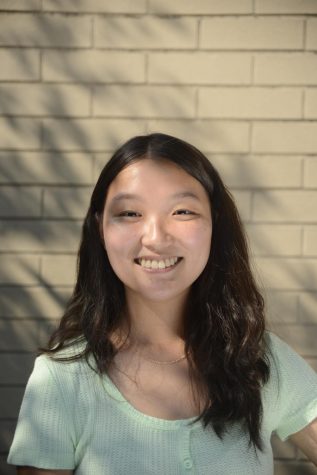
Hi! I'm Alison and I'm a senior. I'm the deadline manager. I'm in cross country, DECA, Project X, YAT, and CEC. I love to bullet journal and write. A fun...


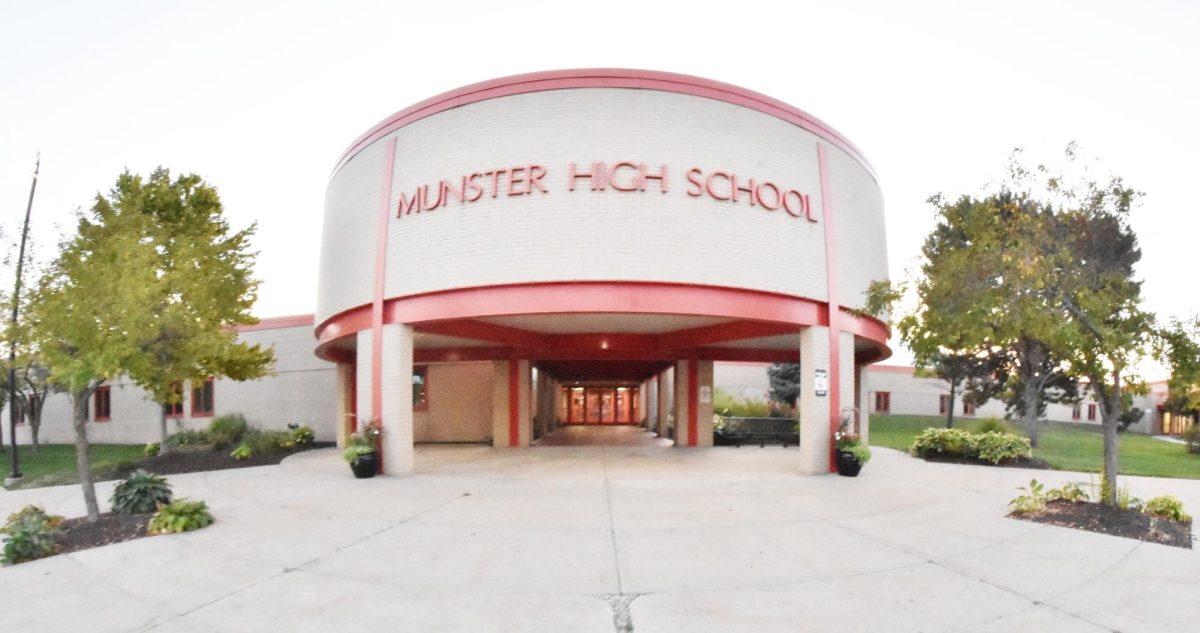

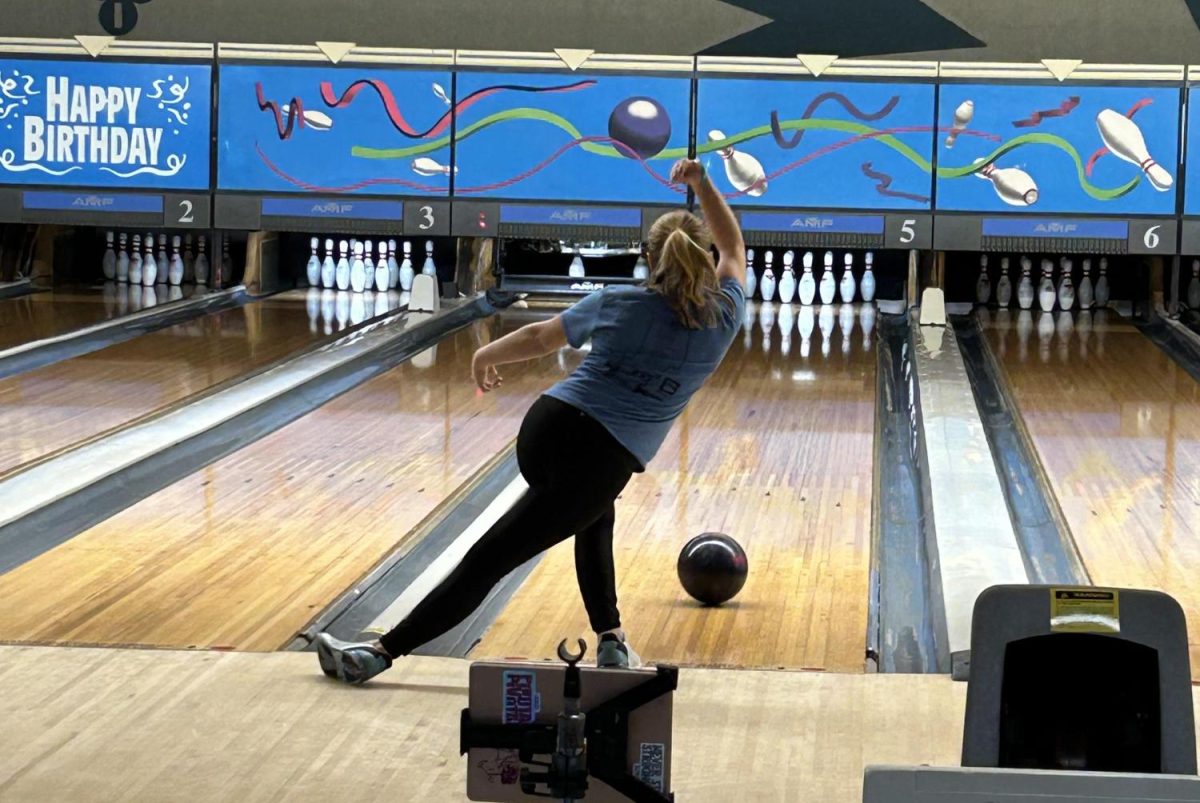
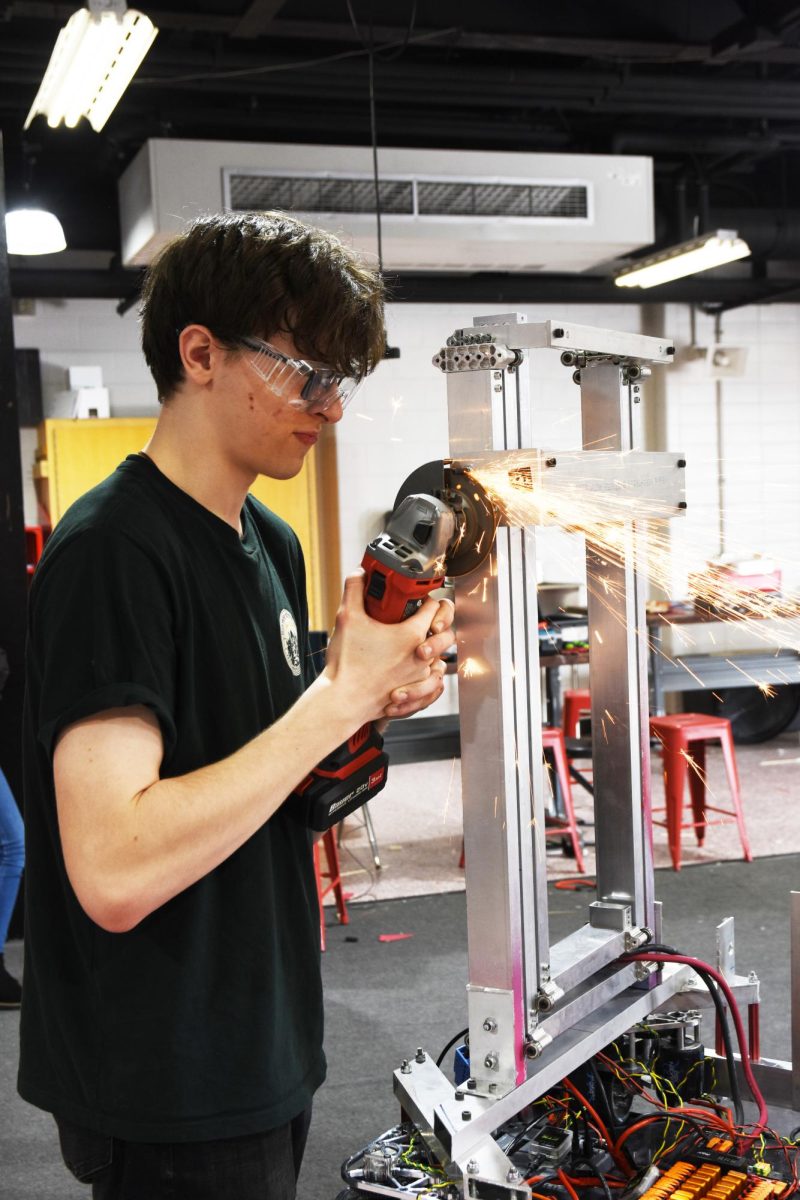


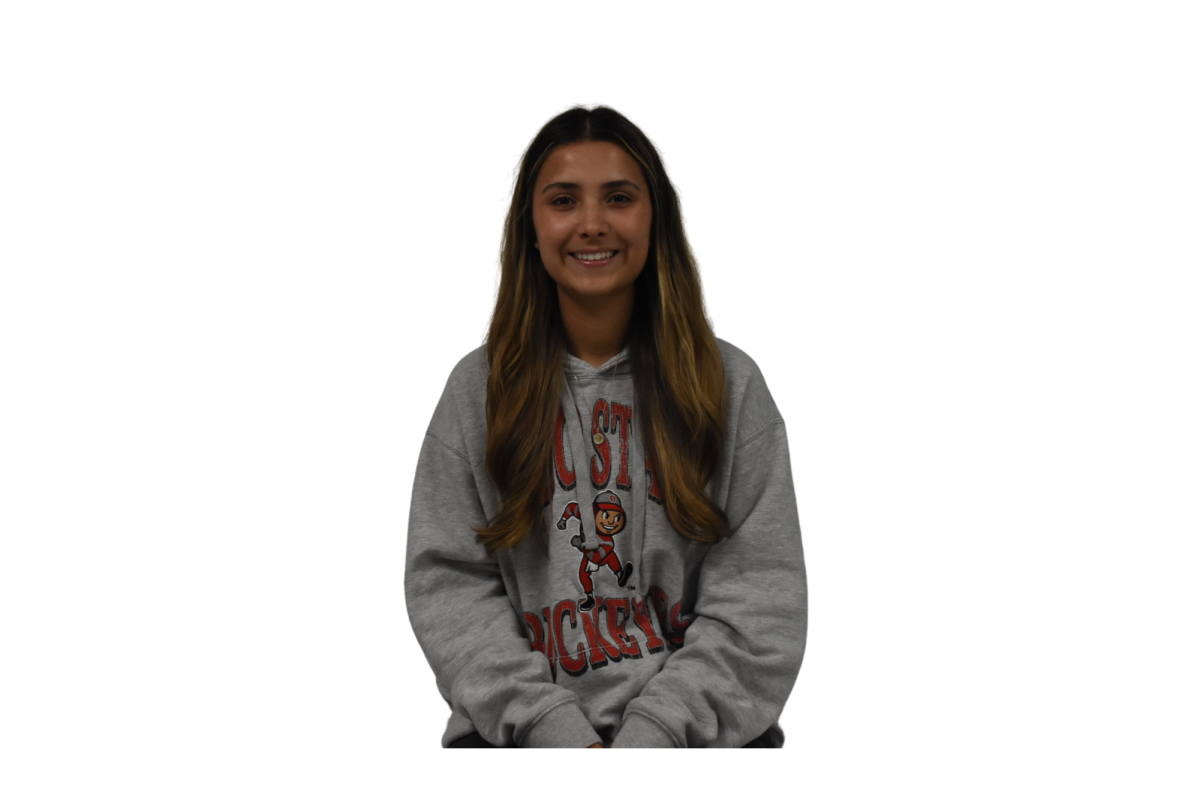

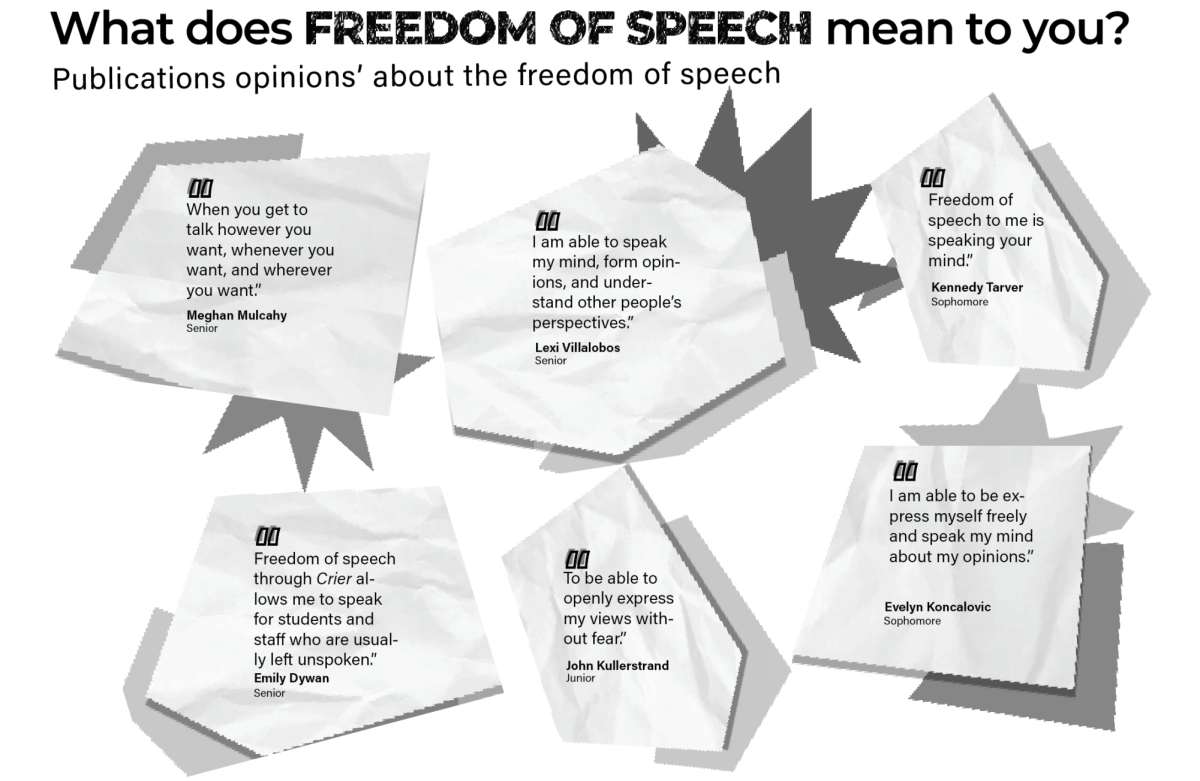



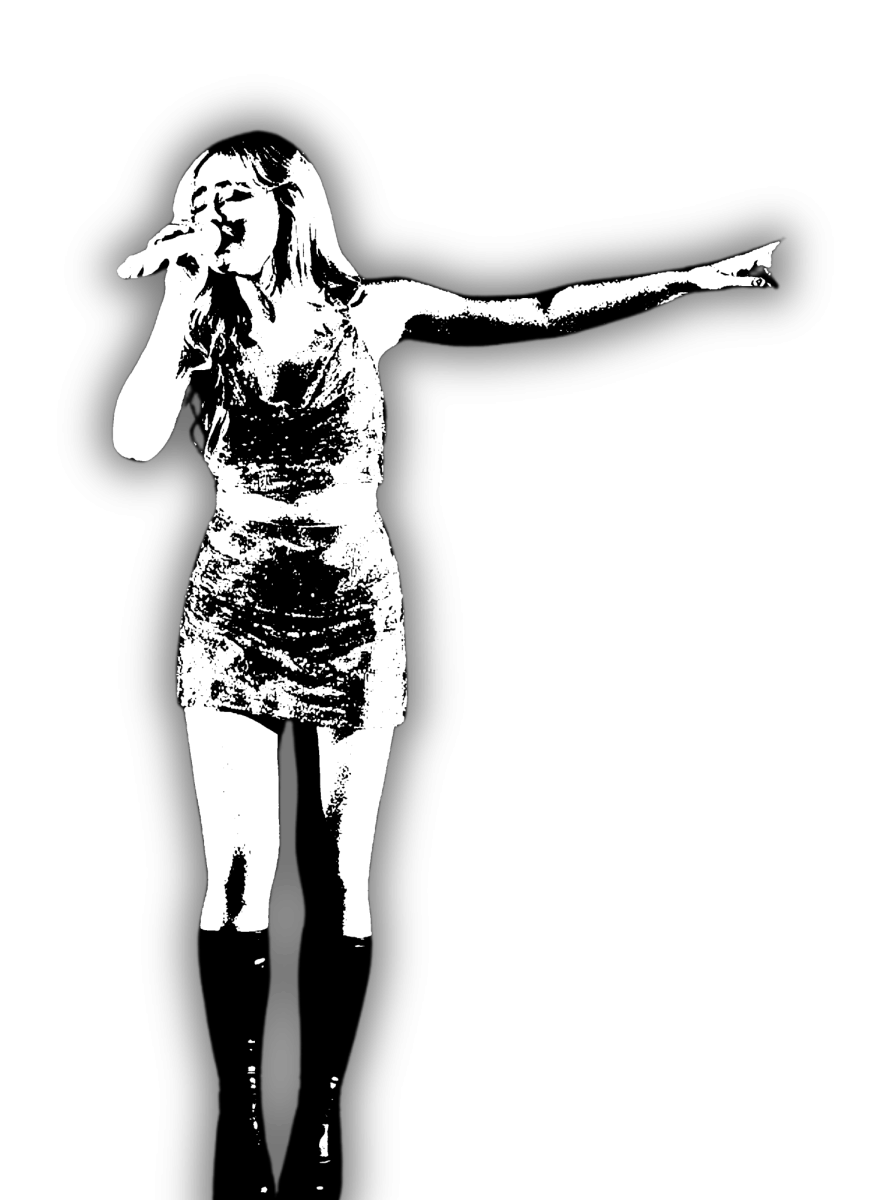

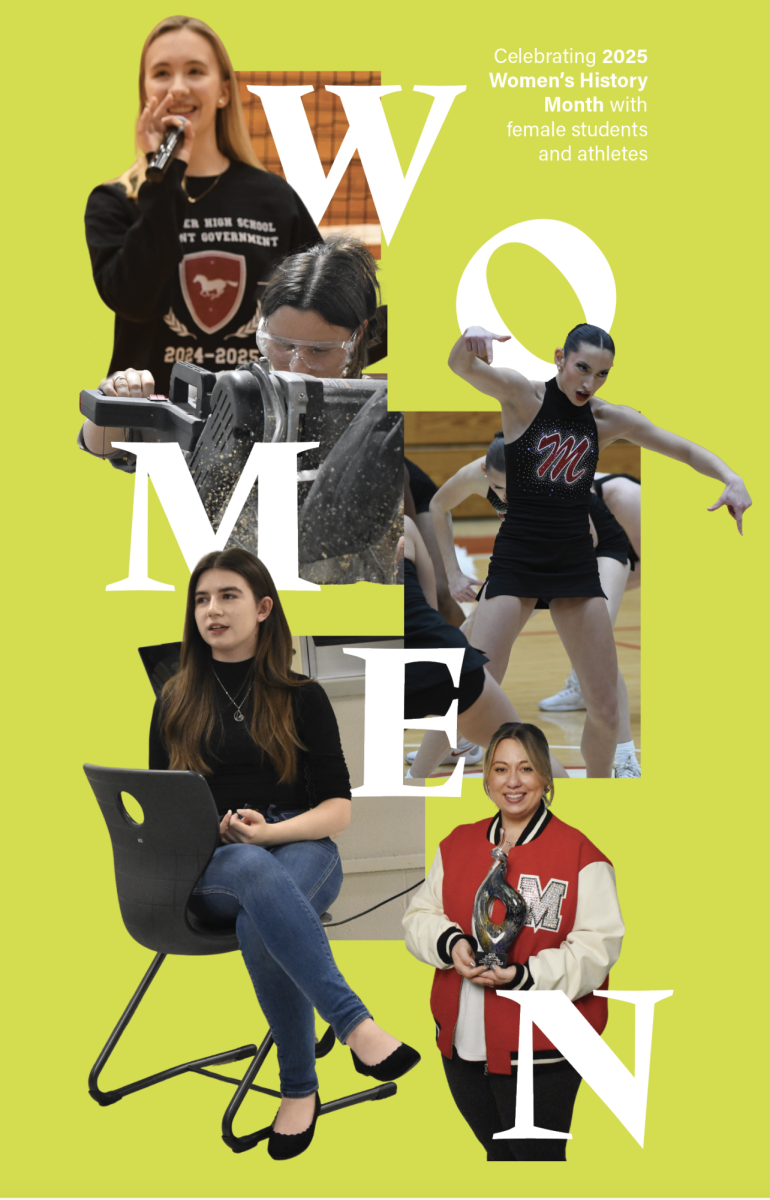
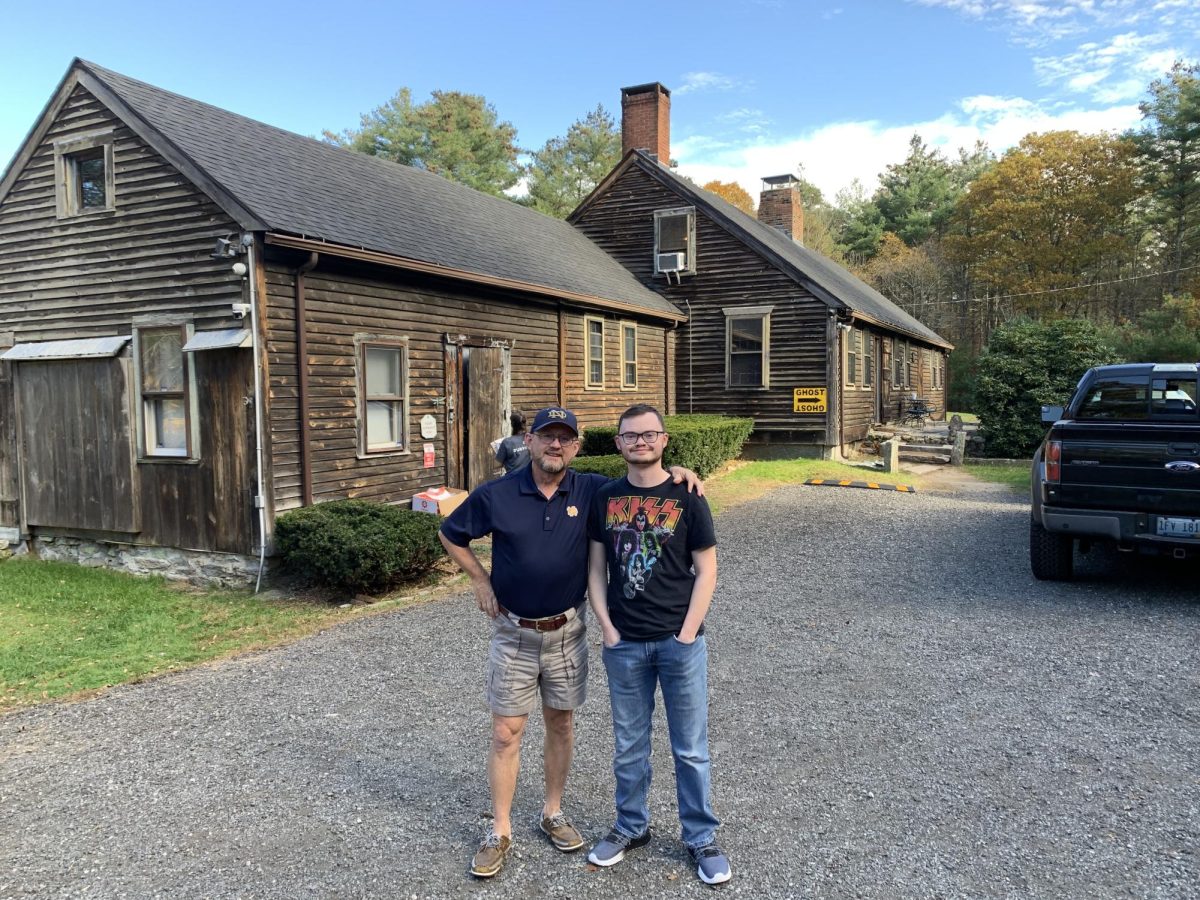
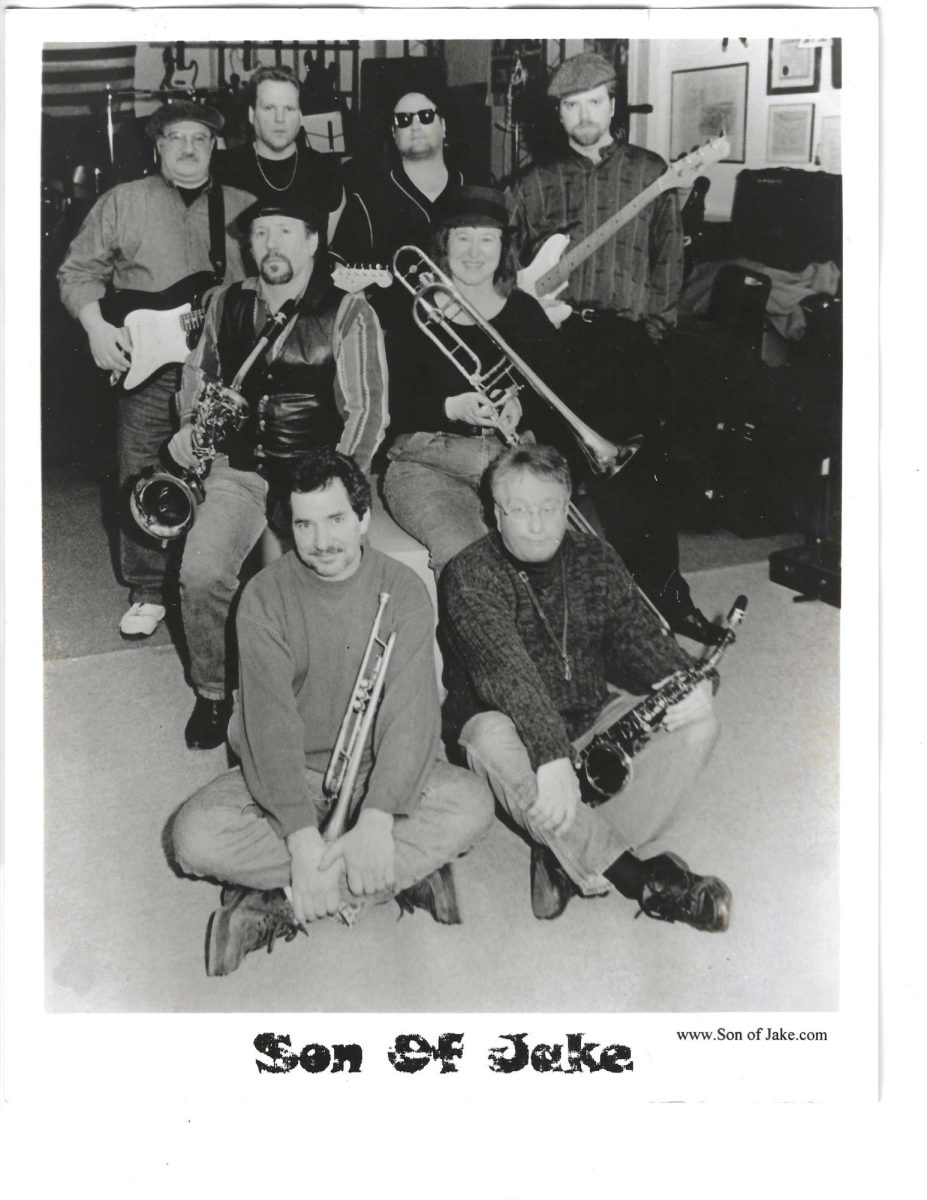
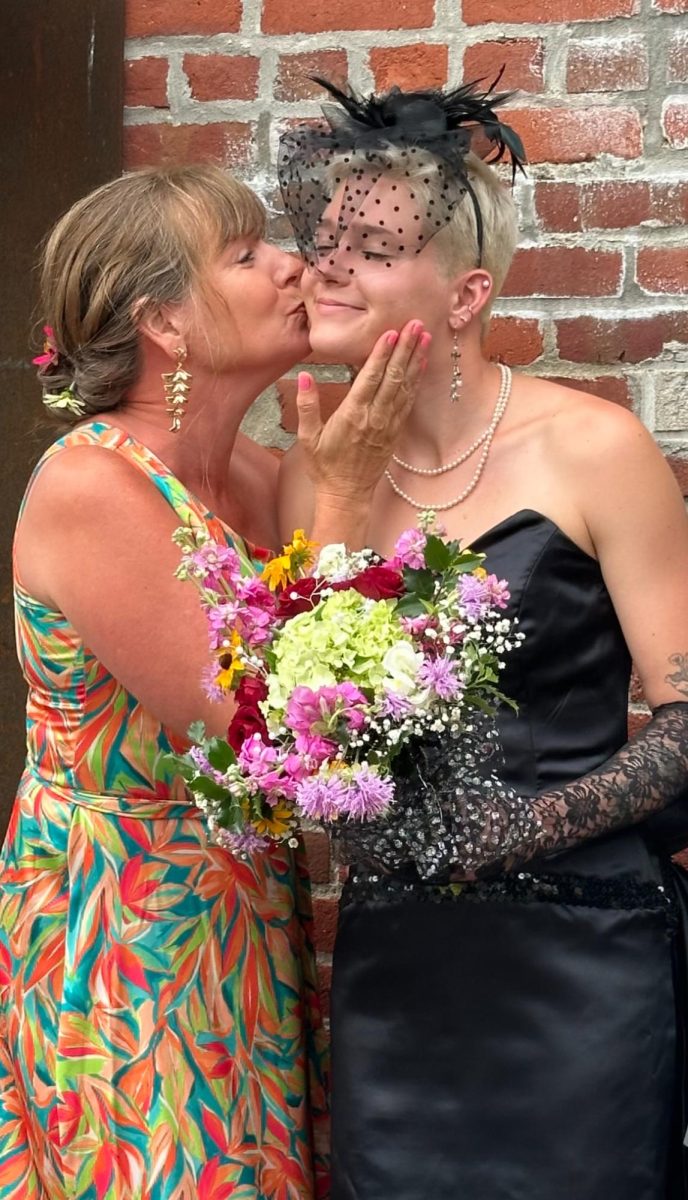

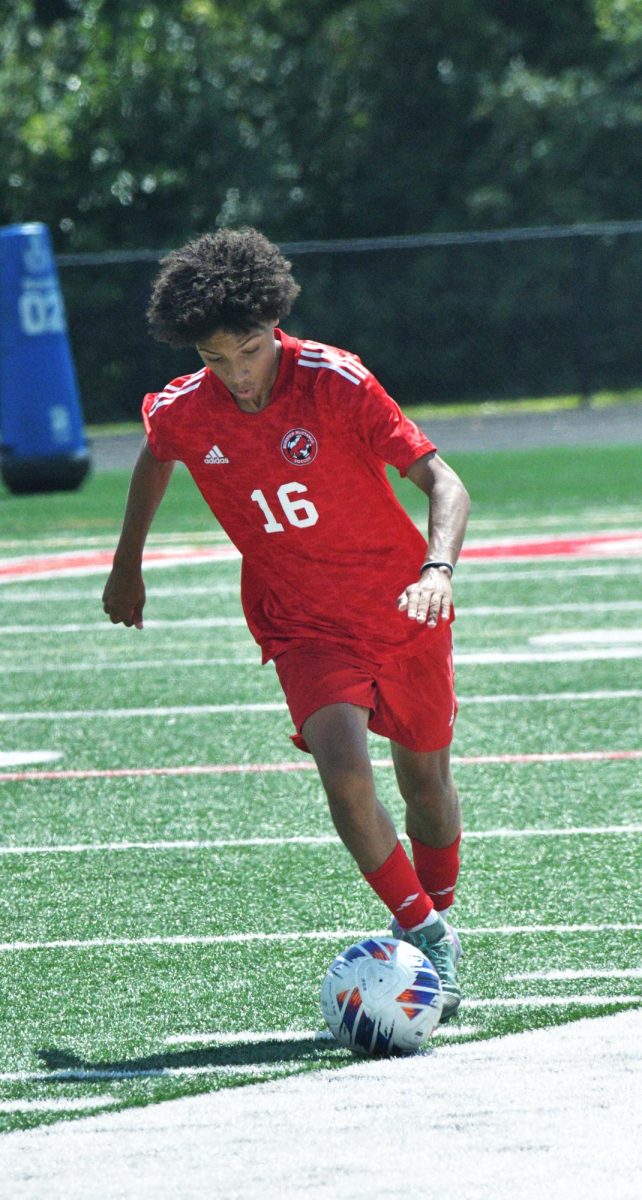
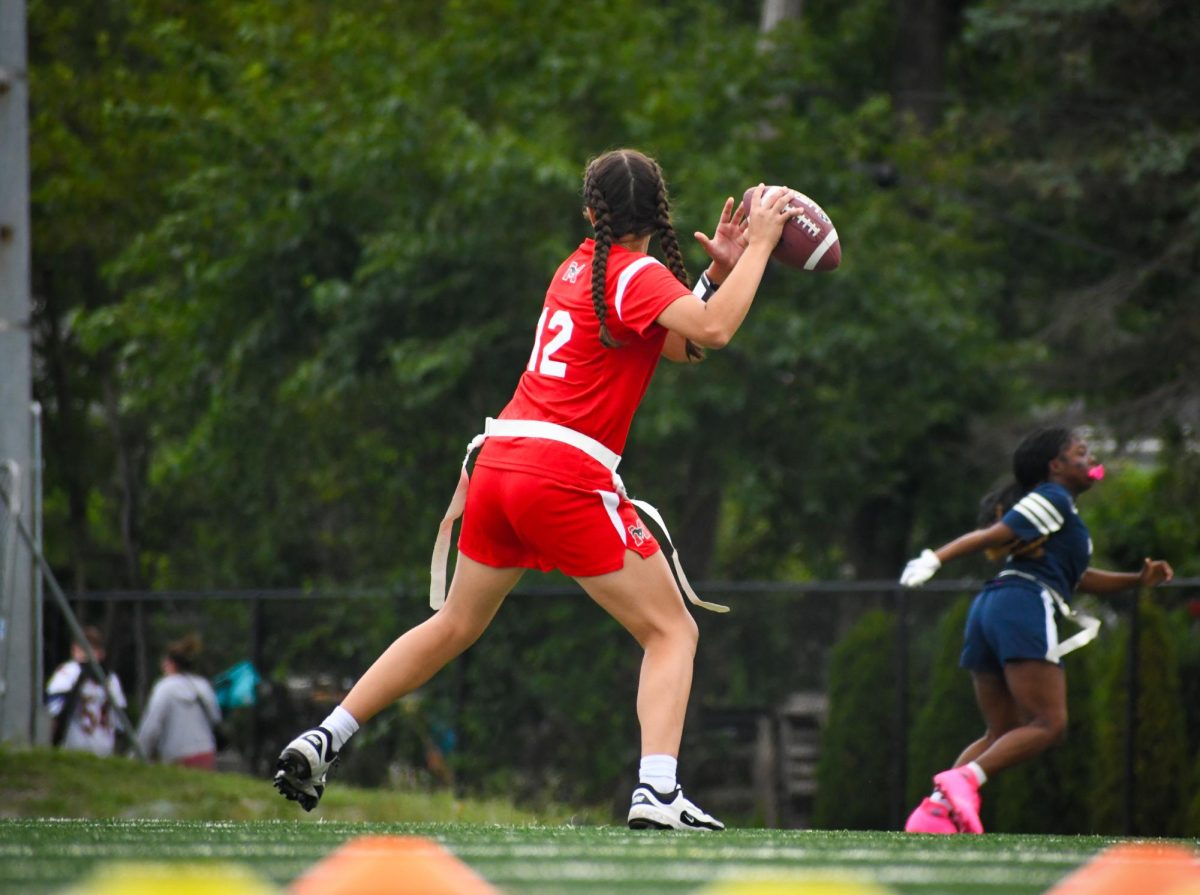
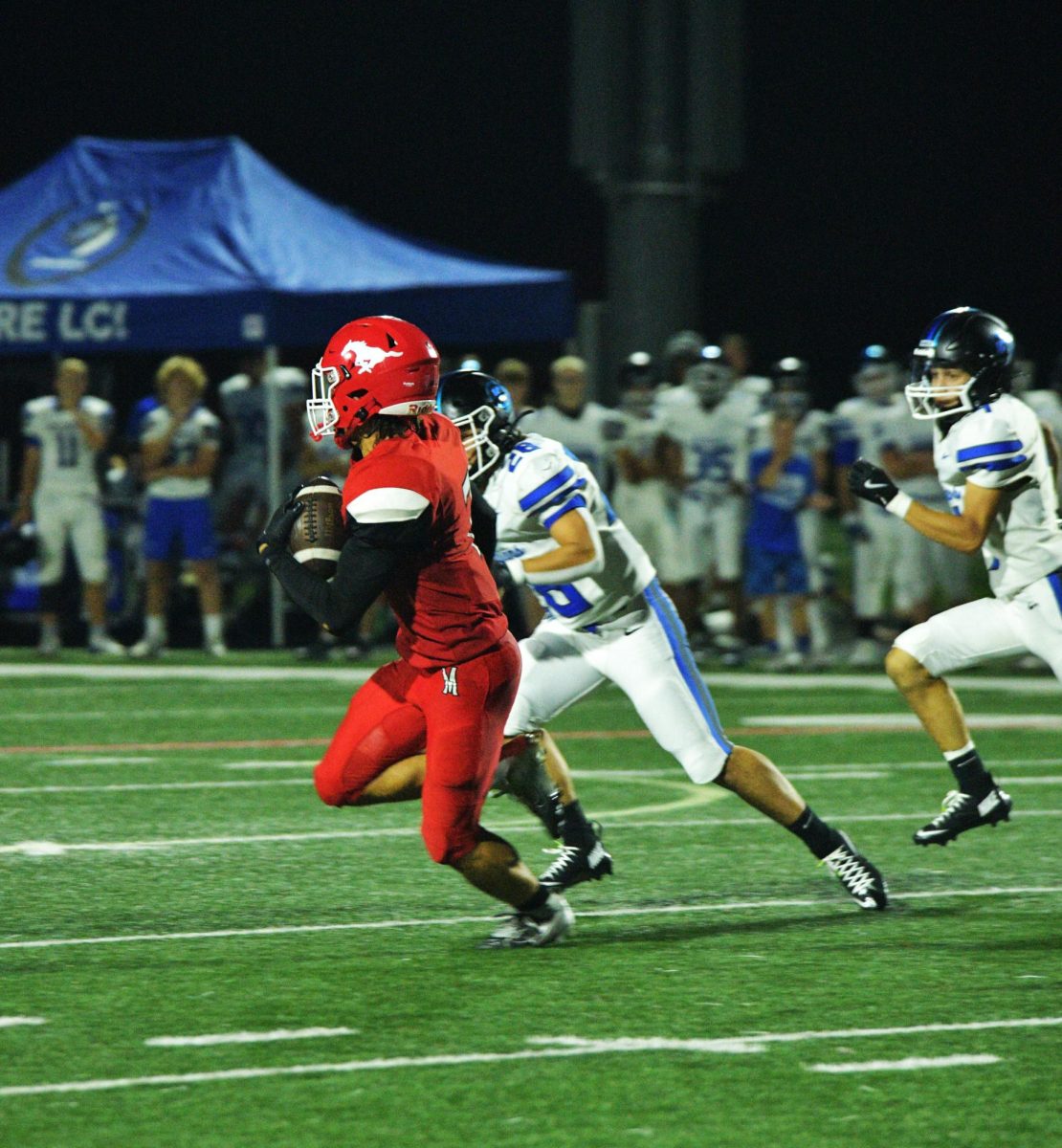
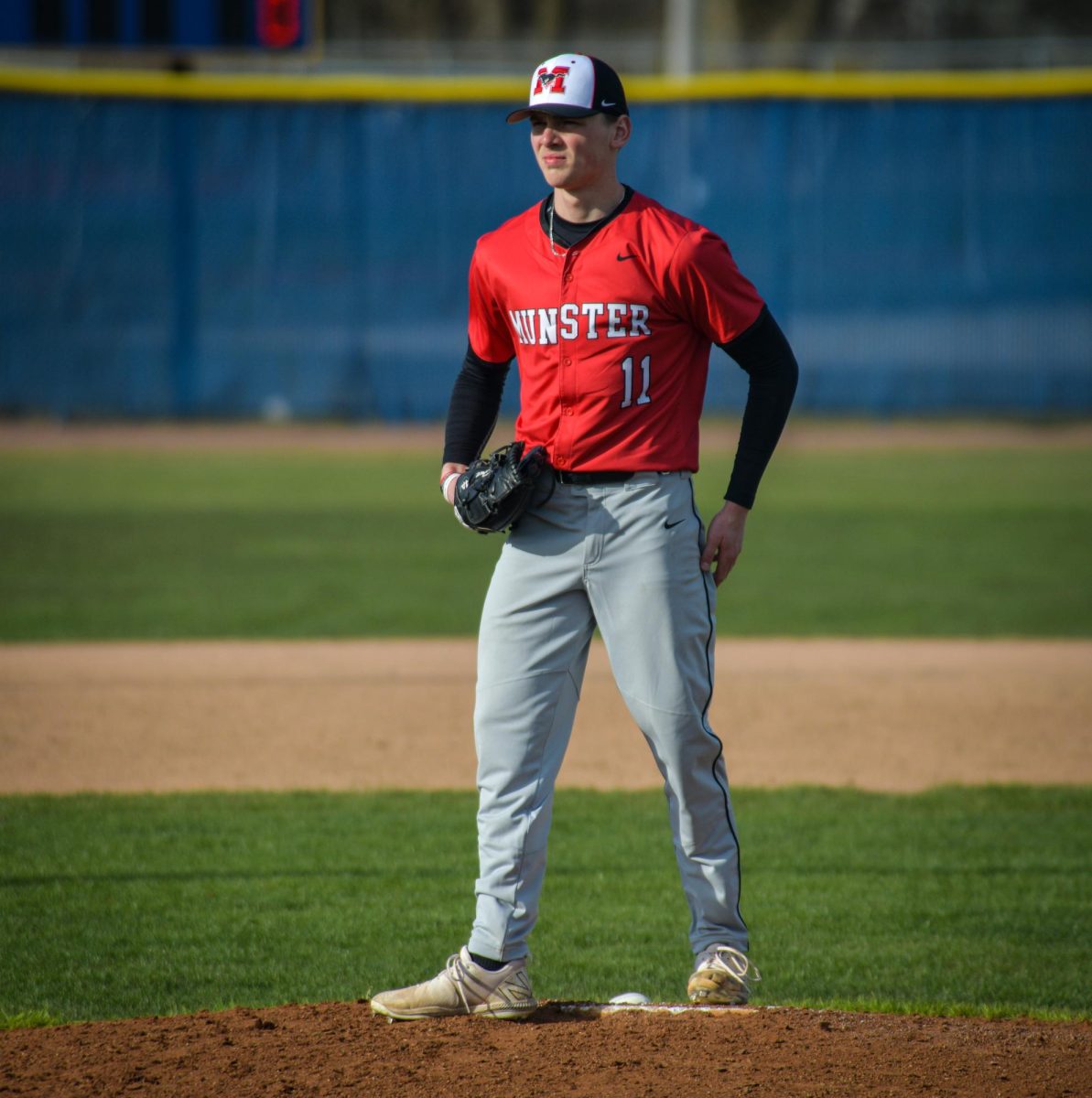
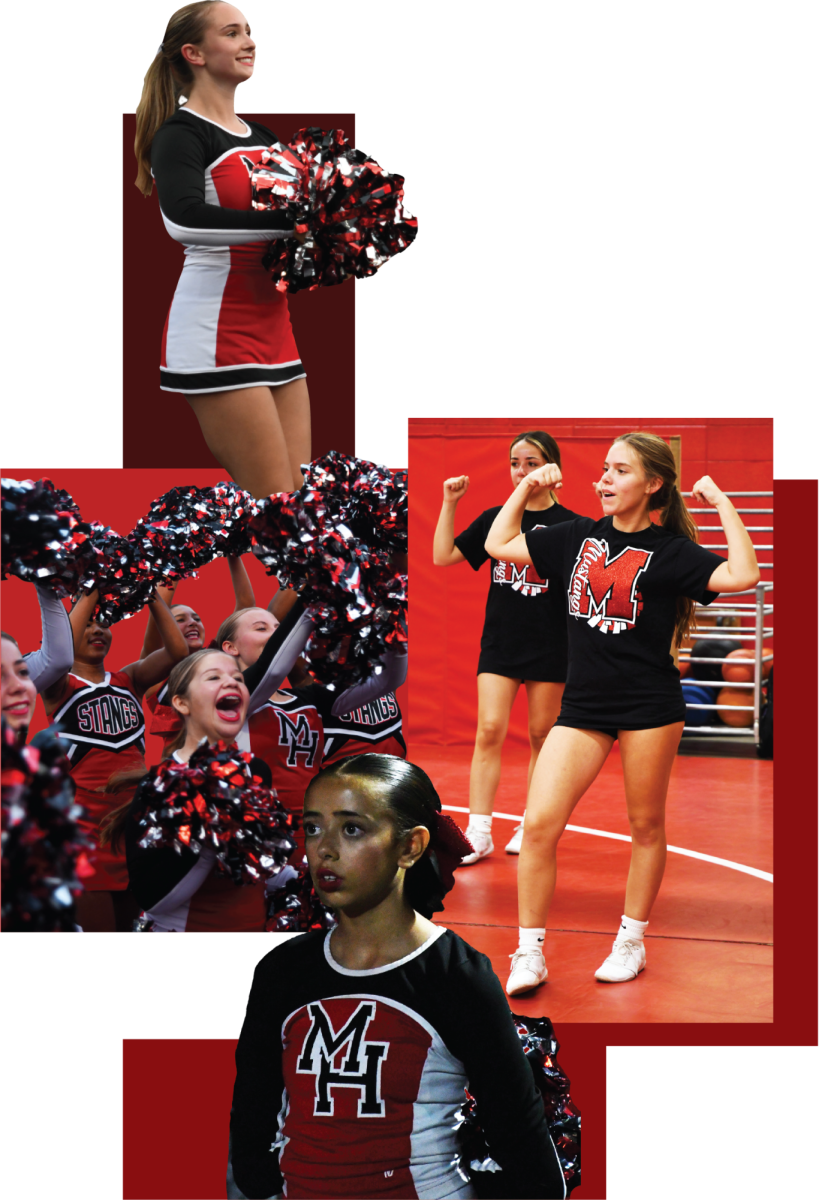
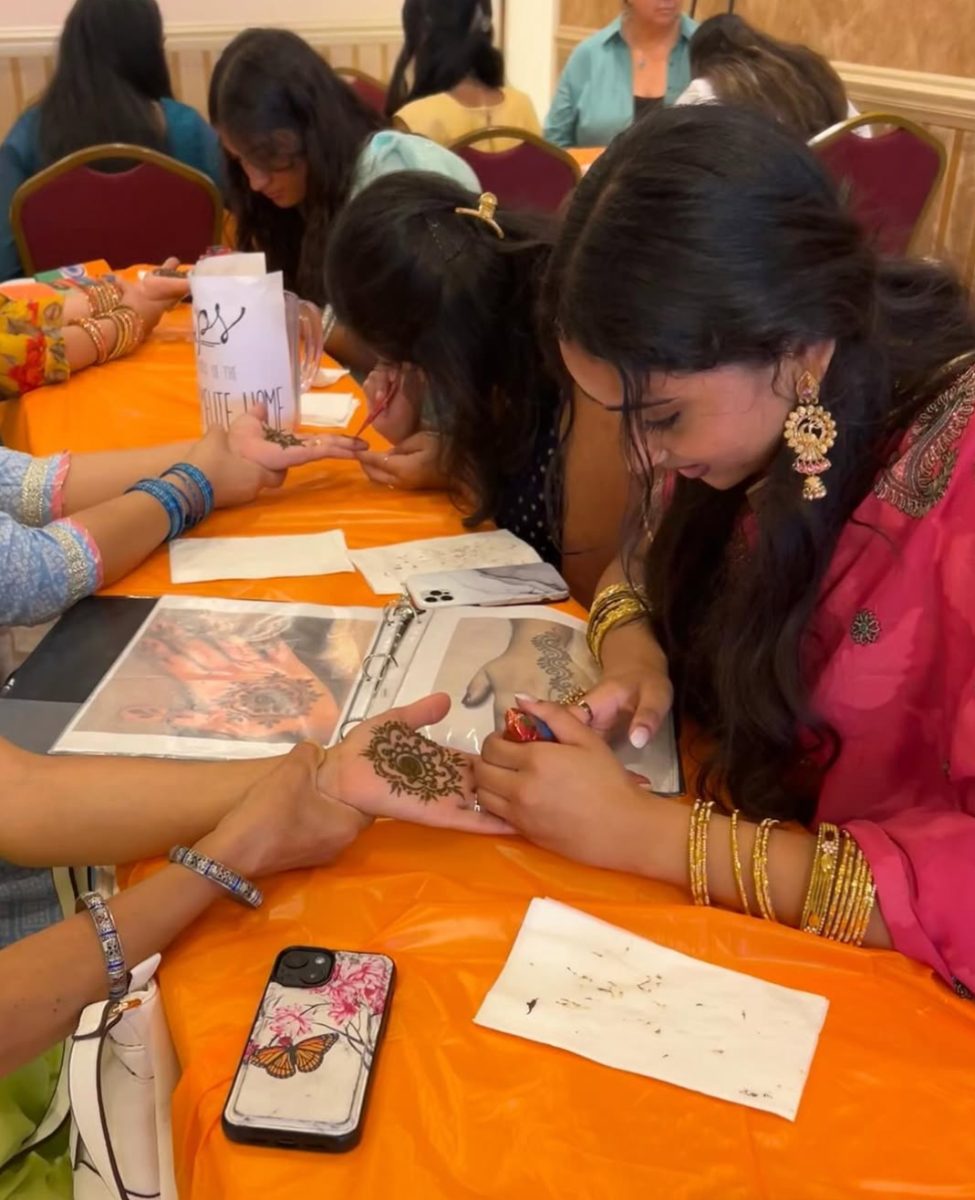
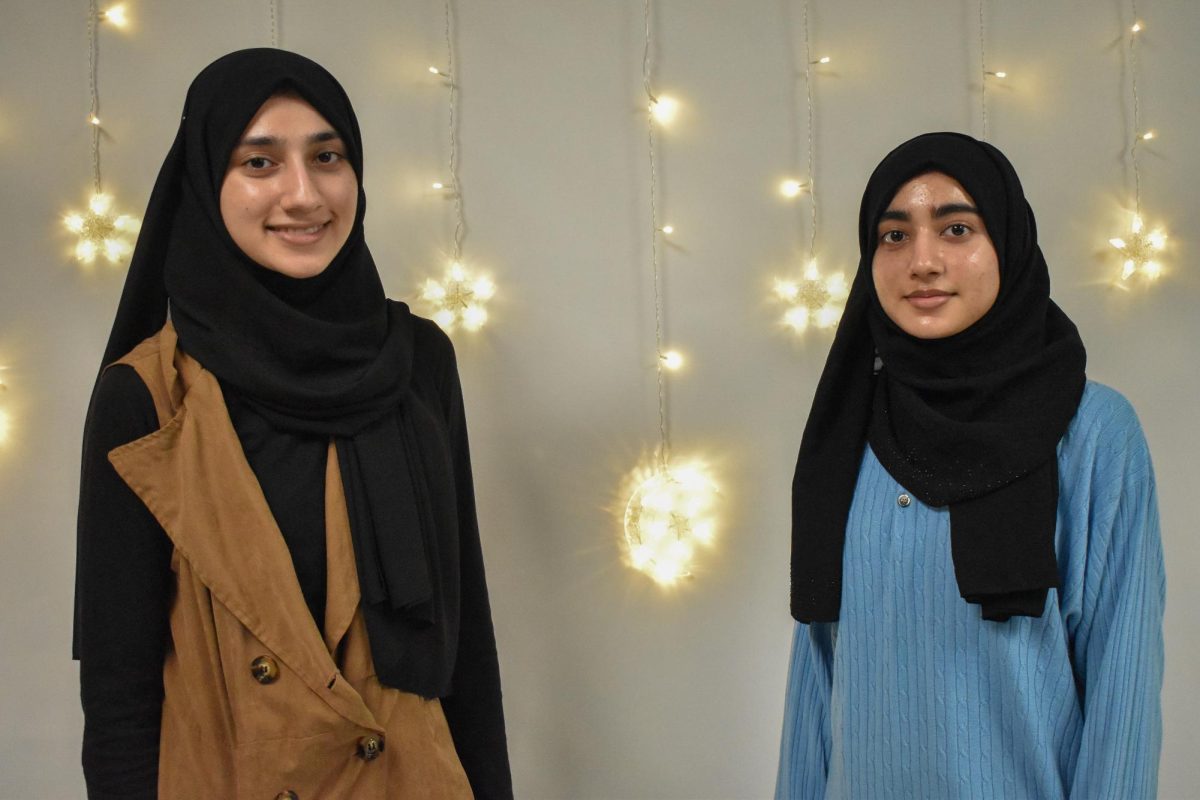
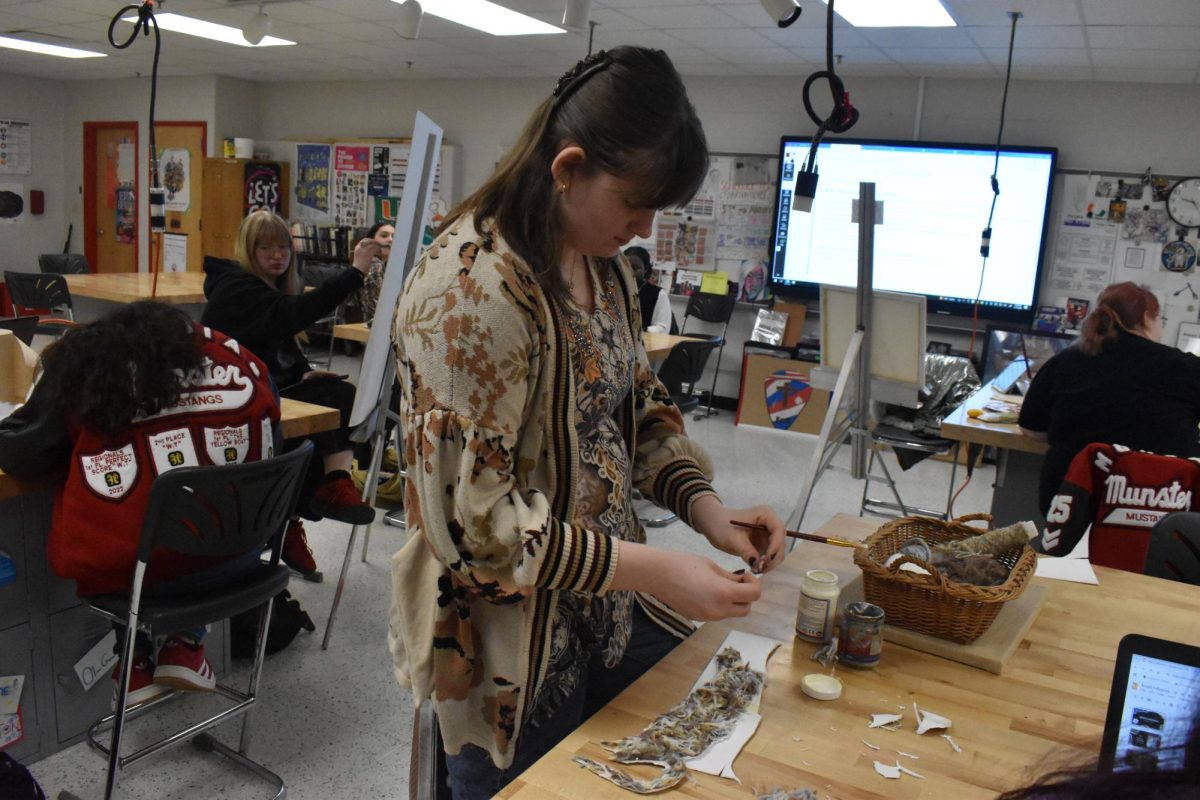

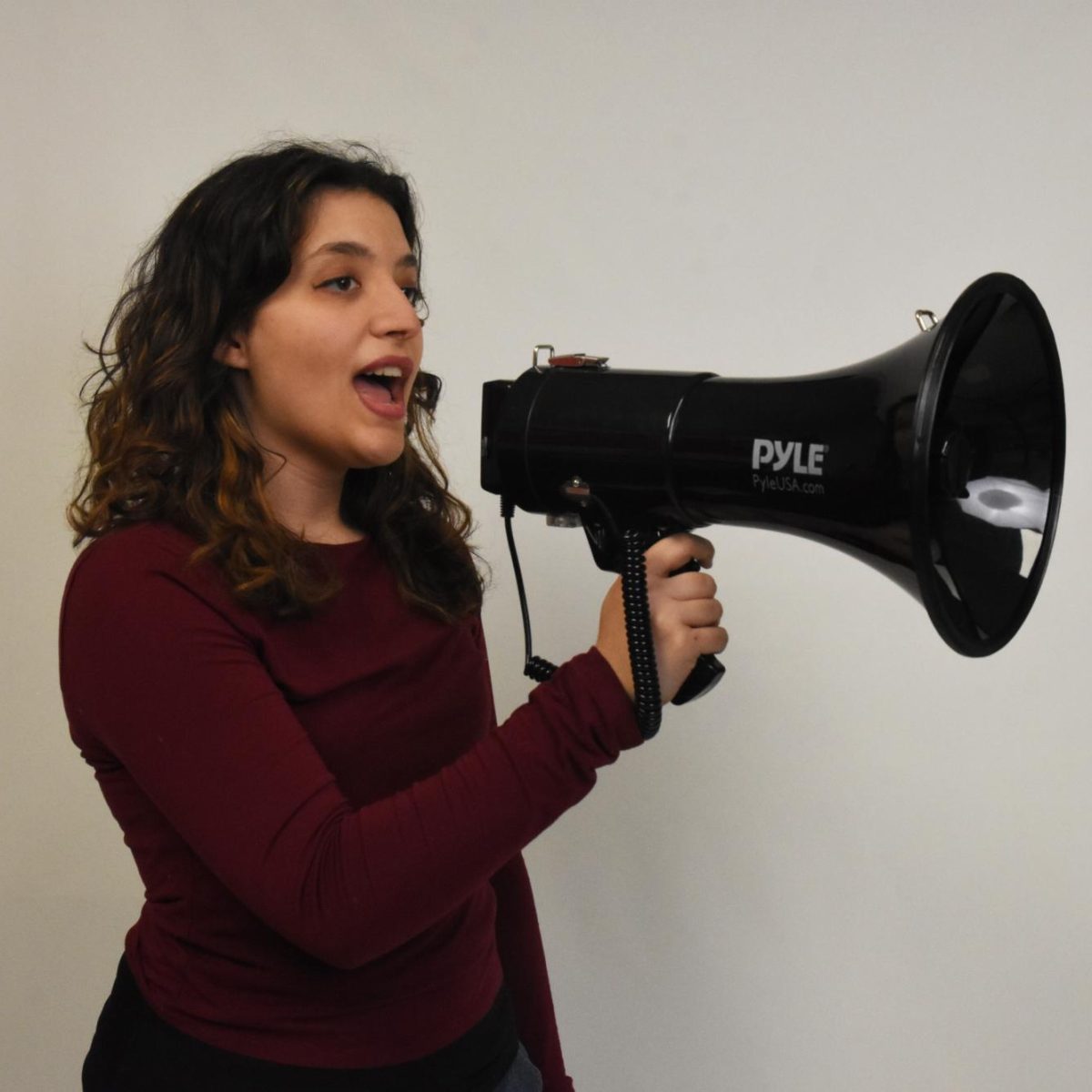
![SNAP HAPPY Recording on a GoPro for social media, senior Sam Mellon has recently started a weekly sports podcast. “[Senior] Brendan Feeney and I have been talking about doing a sports podcast forever. We love talking about sports and we just grabbed [senior] Will Hanas and went along with it,” Mellon said.](https://mhsnews.net/wp-content/uploads/2025/04/sam-892x1200.png)
